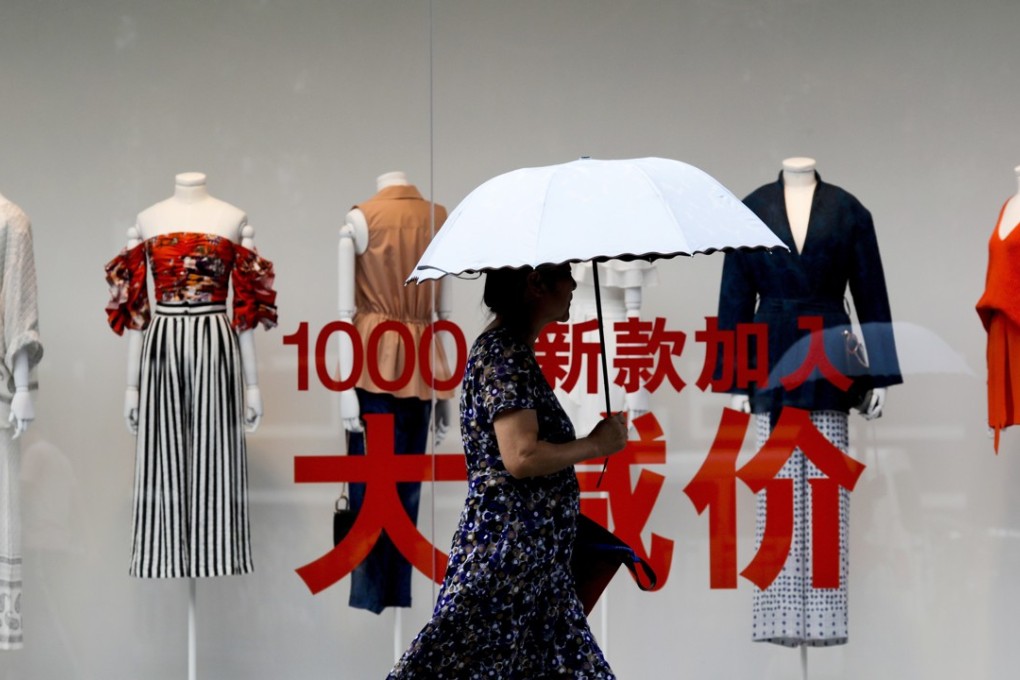China clothes sharing start-up YCloset secures US$50m in new funds

YCloset, a Chinese clothes sharing platform where users pay a monthly subscription fee to rent clothes and accessories, has completed a US$50 million fundraising round led by Alibaba Innovation Ventures, Softbank China and Sequoia China.
The series C fundraising round also attracted several investors that took part in the Series A and B rounds, when the platform raised US$10 million and US$20 million in April 2016 and March this year respectively, according to a statement from GSR Ventures, one of the founding investors of YCloset.
Proceeds from the new funding will be used for a platform upgrade and to optimise user experience, as well as to expand the user base and hire more talent, according to GSR Ventures, which has invested in a number of Chinese internet-based “sharing” start-ups including Didi Chuxing and Ofo.
YCloset chief executive Liu Mengyuan said its clothes sharing business will become common on e-commerce platforms in the future due to the low membership threshold and variety of styles on offer.
YCloset will cooperate with Alibaba’s Taobao and Tmall e-commerce platforms, which are the largest online outlets for clothing sales in China.
Alipay users who score above 600 points on Sesame Credit – a credit scoring service on Alibaba’s financial payment tool – will have their 300-yuan deposit requirement waived.